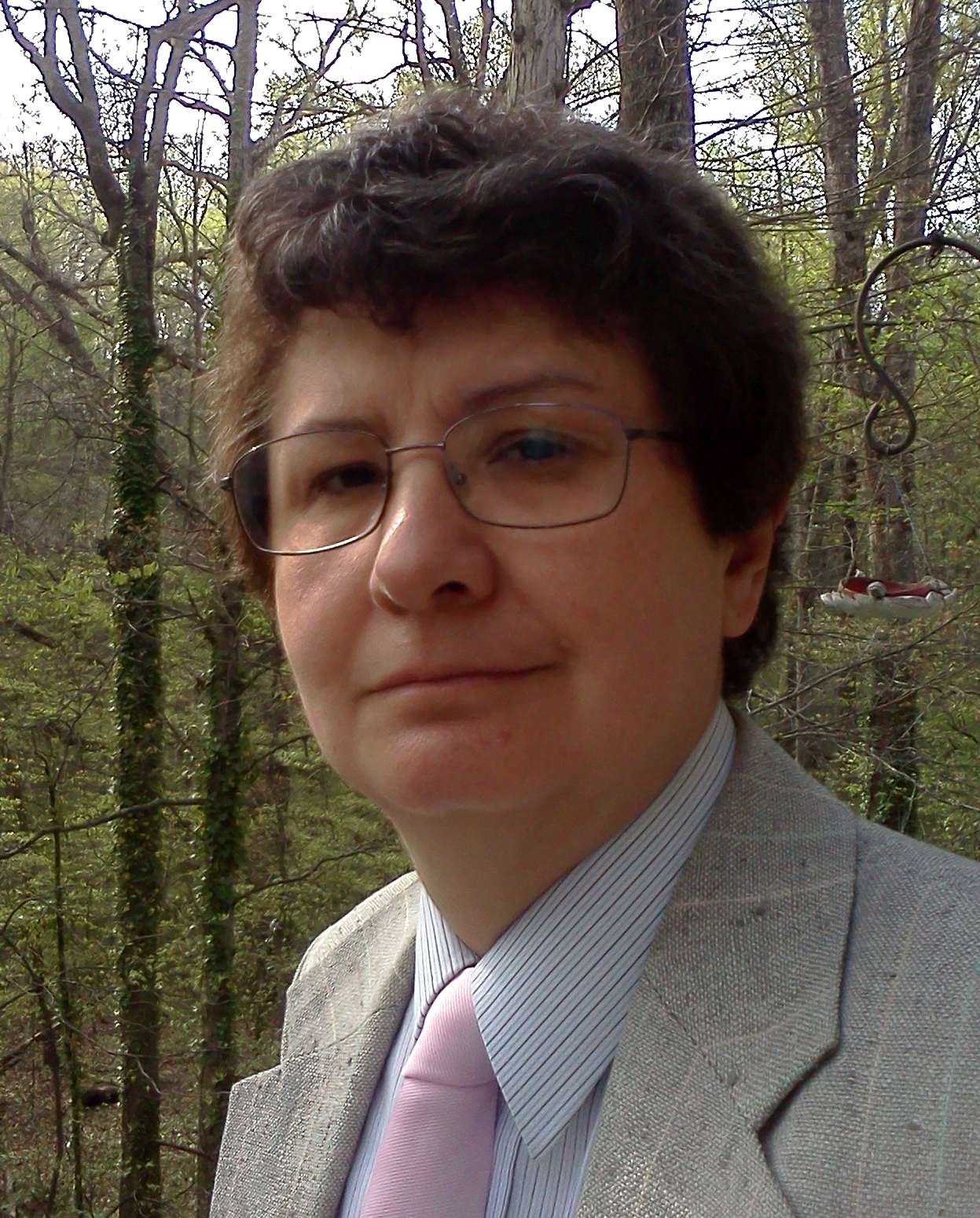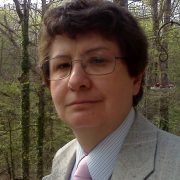To stay informed about new openings: Join our talent network
#MyWTW: GLIDING FLUIDLY BETWEEN TWO GENDERS

What was it like when you were growing up?
I grew up in the 60s in a small town in Oklahoma. Ever since I was aware of the world, I thought there was something unfinished about me; something was missing. As a child I could not accept that I was a girl – I was as tomboy as they come. Tomboys were expected to grow out of their boyish stage, but I never did. It wasn’t a stage for me, it was a reality. Small town customs told me being different was bad and, in that atmosphere, I didn’t realize acceptance was possible. I was so sheltered by my family that I didn’t know what homosexuality was until I was a teenager.
What challenges have you faced throughout your journey?
I thought I was just weird for not behaving like other girls my age, not realizing I was only parroting the social mores of the era. It didn’t occur to me that I might be one of those ‘different’ people. I always found reasons for not identifying myself as such because I was influenced by the prejudice of others. I didn’t mind being female exactly, but I had a hard time identifying with that gender. When I eventually married and had children – bowing to the pressure of social expectations – I was a good parent and loved my children, but I was a frankly unhappy spouse. Several years after the divorce I developed breast cancer, had surgery, and finally saw in the mirror what I always thought was right for me – not physically male, not automatically female, but the physical representation of male instinct and female intuition. I came to realize I was a Two-Spirit who glided fluidly between genders and hid my boyish proclivity for the sake of social order. I never should have had to hide it at all.
How have things changed for you over time?
The days of “he’s queer” or “she must be a dyke” are not entirely behind us now but the atmosphere and circumstances are so much more accepting than they used to be. People are finally beginning to understand that no one asks to be different, and no one should be punished for discovering that they are. When I first onboarded at WTW five years ago, I was asked what pronouns I preferred. I had never been given such an inclusive option before in any workplace, and I was delighted! Given the option at last, I originally preferred he/his/him but over time I realized that as a Two-Spirit, they/their was the more accurate. I think like a man, I laugh like a woman, and I express myself as a human being. I have worth. I have a right to claim that worth. We all do.
How has WTW made you feel welcomed to bring your true self to work every day?
I joined the WTW LGBT+ community and have never felt anything but welcomed at work. My colleagues make an effort to call me he/him or they/their, and even apologize if they slip up and use she/her. This is very kind of them, but I tell them that I am not offended as I accept both sides of my nature. The fact that they all try to make me comfortable means a great deal to me. I have never worked anywhere that is as inclusive as WTW is, and I have been working for many years in different occupations. In the WTW Denver office, a transwoman colleague told me she was a little hesitant before she first arrived at the office but realized on her first day that yes, she felt comfortable being her true self. Everywhere she looked, she saw things like little pride flags or rainbow-related items at workstations, bulletin boards with LGBT+ related event announcements – casual things at first glance, but they served to reassure her that she was in the right place.





